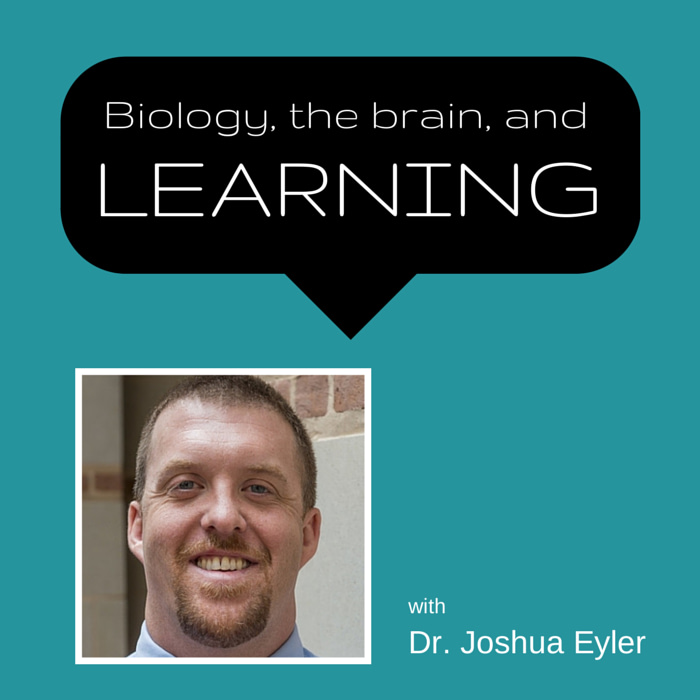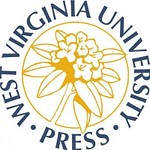Podcast (tihe_podcast):
Play in new window | Download | Transcript
Subscribe: Apple Podcasts | Spotify | RSS | How do I listen to a podcast?
Biology, the brain, and learning
Guest
Dr. Joshua Eyler, Director of the Center for Teaching Excellence at Rice University
His Bio on Rice University's Center for Teaching Excellence
Initial interest in the field of teaching and learning as a scientific enterprise
What the Best College Teachers Do, Ken Bain
Brain-based learning
- Amazing discoveries, but some limitations
- Gulf was created between the scientists and educators
- Cherry-picking results
- Too limiting, looks primarily at neuroscience and cognitive psychology
Framework for a biological basis of learning
- Bolster what we are learning from neuroscience to also include evolutionary biology and human development
- Context about anything that we are learning.
The journey of an educator
- Doesn't see students as subjects of experiments
- Understanding teaching and learning as a science, really created a bridge
- Prior knowledge – biological construct
- Mental models
Learning from failure
- The expert blind spot
- Making assumptions about prior learning
Advice for next steps
Mind, brain, and education at Harvard's graduate school of education
What I find exciting is that we're starting to ask different kinds of questions now. -Josh Eyler
Guest post Josh wrote on MassMedievil.com
Finally, nothing but a breath, a comma, separates us from our students–for we do not teach medieval literature, medieval art, medieval history, or medieval archaeology; we teach students about these subjects, about new ways to see their world through the lens of the past. Our field will continue to live and breathe only insofar as we dedicate ourselves to teaching it. And here I look to the wisdom of my dissertation director, Fred Biggs, who once told me that *everything* is a teaching activity—writing, presenting, publishing, but especially our work in the classroom, where we will teach hundreds and even thousands of students over the course of a career. The work we do with our students will push back the boundaries of our knowledge about the Middle Ages ever further, but to accomplish this we need to tear down the tenuous hierarchies of our classrooms—professor/student, expert/novice—and move forward together as fellow learners, engaging in projects together, teaching each other, finding meaning together in this moment—our own pause, our breath, our comma.
Movie clip: “student/teacher… learners… not much really separates us.” – Josh Eyler
Empathy is the foundation for all good teaching. – Josh Eyler
Video clip of professors reading aloud negative student evaluations
There's a vulnerability in the teaching/learning interaction. Students put themselves in a very vulnerable place, willingly, when they say, ‘I don't know that; please help me learn that.' It's almost sacred that they're doing that. We have to take that and value it very highly. – Josh Eyler
Recommendations
Bonni's:
Overcast – a powerful yet simple iphone podcast player
Josh's:
A renowned professor is forced to reassess her life when she is diagnosed with terminal ovarian cancer.



[…] Former guest on episode #016, Biology, the Brain, and Learning […]